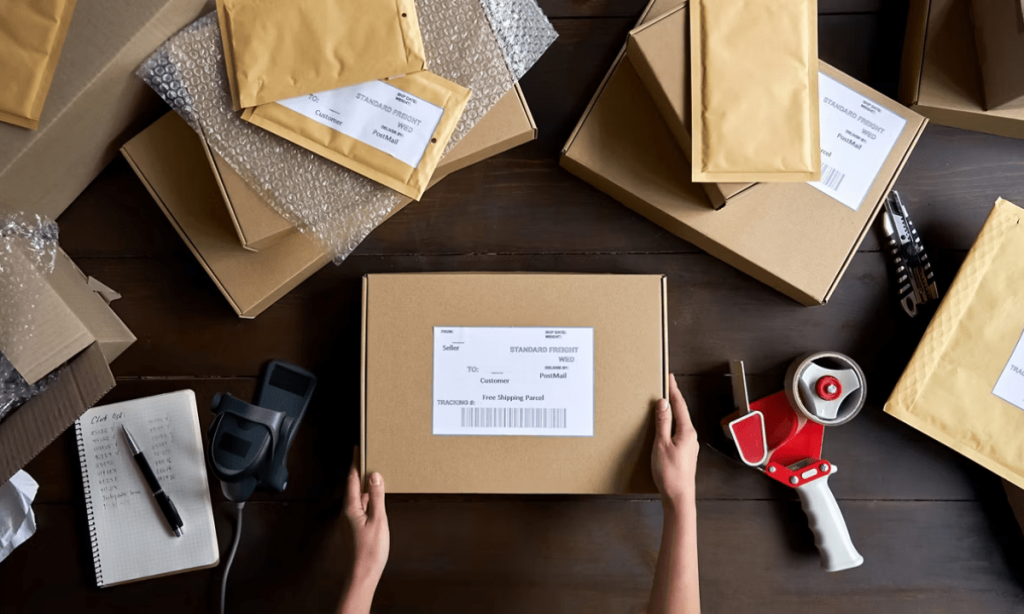
The popularity of online shopping continues to grow globally. The environmental impact of the packaging used for online shopping is being analyzed. Today, consumers are more aware of their surroundings than ever before, prompting businesses to select eco-friendly packaging, which helps to reduce emissions of waste as well as CO2 emissions.
In 2020, sustainable and environmentally friendly packaging for online purchases won’t be something that’s seen as trendy. It’s an integral part of the branding and accountability for corporations.
Rise of Biodegradable and Compostable Materials
One of the major eco-friendly packaging trends that is being created in the field of e-commerce is the usage of biodegradable and compostable goods. Businesses are replacing plastic with alternatives made of cornstarch or seaweed, along with mushroom-based items.
Natural materials like these can be decomposed, leaving no harmful residues. Companies such as Lush, as well as Puma, are setting the standard with their recycling packaging that is 100% compostable and suitable for delivery online.
Minimalist and Recyclable Packaging Design
Retailers online are embracing the idea of using less packaging to reduce the amount of garbage. The principle is to use fewer packaging and fewer materials, in addition to recyclable materials such as corrugated cardboard or paperboard.
This will not only lower the cost of shipping but also improve the sustainability and environmental impact. Amazon’s “Frustration-Free Packaging” program is an excellent example that is a green design program that doesn’t require additional containers or fillers.
Reusable Packaging Systems
Reusable packaging is becoming one of the newest ways to increase the long-term sustainability of eCommerce. Companies that are established as well as young and innovative are experimenting with packaging options for return that permit customers to bring empty containers back to clean and reuse.
Companies like Loop and RePack have revolutionized the way that logistics for packaging is controlled through circular delivery methods that reduce the amount of waste that is produced.
Smart Packaging and Material Innovation
Technology has made packing more sustainable and efficient. Through Artificial Intelligence, along with IoT connectivity, businesses are able to trace the movements of materials throughout the supply chain and improve recycling processes.
Innovative solutions such as botanical inks and water-soluble films are now commonplace, assisting businesses to achieve their goals of sustainability and preserving their aesthetics.
